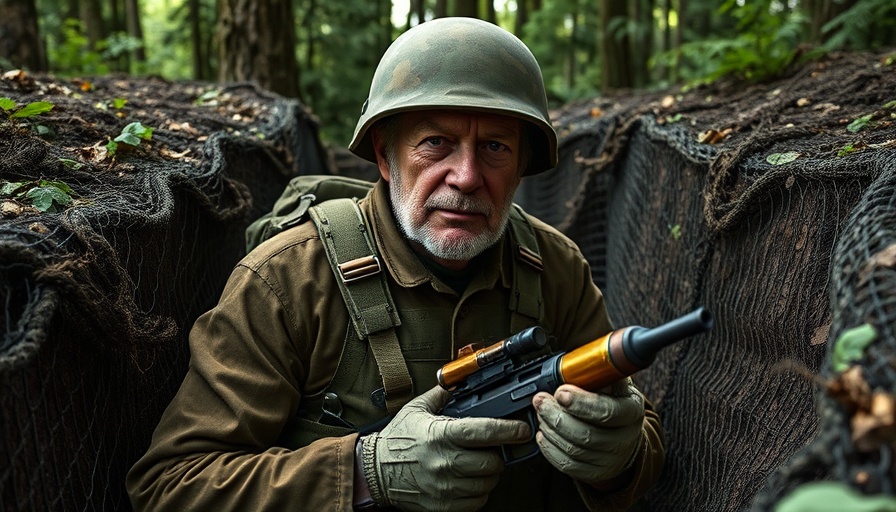
Significance of the Trump-Putin Call in the Ukraine Conflict
The recent two-hour telephone call between President Trump and President Putin marks a pivotal moment in the ongoing Ukraine conflict. With nearly three years of turmoil overshadowing Eastern Europe, the international community has been keenly observing diplomatic efforts aimed at negotiating an end to the unrest. While the call has not yielded an immediate breakthrough, both leaders exchanged views on the critical need for a peace agreement.
Understanding Putin's Stance on the Peace Agreement
President Putin characterized the conversation as "very meaningful and quite frank." Despite this, he made clear his position that any negotiations with Ukraine must be accompanied by immediate concessions from the Ukrainian side, raising questions about the feasibility of achieving a cease-fire without significant compromises. This enduring demand for concessions reflects Russia’s desire to maintain influence over Ukraine’s political landscape, a narrative consistent throughout the conflict.
Trump's Optimistic Outlook: A Contrast to Putin's Reserve
In contrast to the Russian president’s guarded rhetoric, Trump adopted an optimistic tone following the call, expressing that it “went very well.” He indicated that negotiations between Ukraine and Russia would begin promptly, aiming toward a ceasefire. This divergence in tone showcases not only the complex dynamics at play but also how each leader is framing the narrative to their respective audiences. For Trump, a successful call may resonate well with his domestic base, suggesting diplomatic progress on a key global issue.
The Broader Implications for Global Diplomacy
The call is emblematic of the intricate web of international diplomacy that extends beyond the U.S. and Russia. As NATO and the European Union watch closely, the outcomes of these discussions have far-reaching consequences for international alliances and future geopolitical stability. Analysts note that any long-term peace agreement would require not just dialogue but a fundamental shift in the perception of Ukraine's autonomy and Russia’s influence in Eastern Europe.
The Path Forward: Challenges and Opportunities
Looking ahead, the way these negotiations unfold could shape not only the fate of Ukraine but also the strategic landscape of Europe. Should both leaders find common ground, this could pave the way for broader peace initiatives to emerge from the region. However, the existing mistrust and entrenched positions on both sides underscore the challenges ahead.
Public Perception and Media Influence
The media plays a crucial role in shaping public perceptions regarding the Ukraine war. Both Trump and Putin's statements, communicated through various media outlets, influence how the public perceives their leaders' effectiveness in dealing with international crises. Misinformation and biases can skew the overall understanding of these discussions, highlighting the necessity for reliable reporting that encourages informed public discourse.
Concluding Thoughts on the International Response
As both presidents commit to engaging further on the crisis, the implications of their strategies will resonate well beyond their immediate jurisdictions. The international response, including potential sanctions or incentives tied to this diplomatic effort, will be critical in determining the trajectory of this conflict.
The conversation between Trump and Putin sets the stage for what could be a defining moment in their leadership and the future of global diplomacy concerning the Ukraine crisis. With both national sentiments and international repercussions at stake, the pressure is on these leaders to deliver genuine progress.
 Add Row
Add Row  Add
Add 




 Add Row
Add Row  Add
Add 

Write A Comment